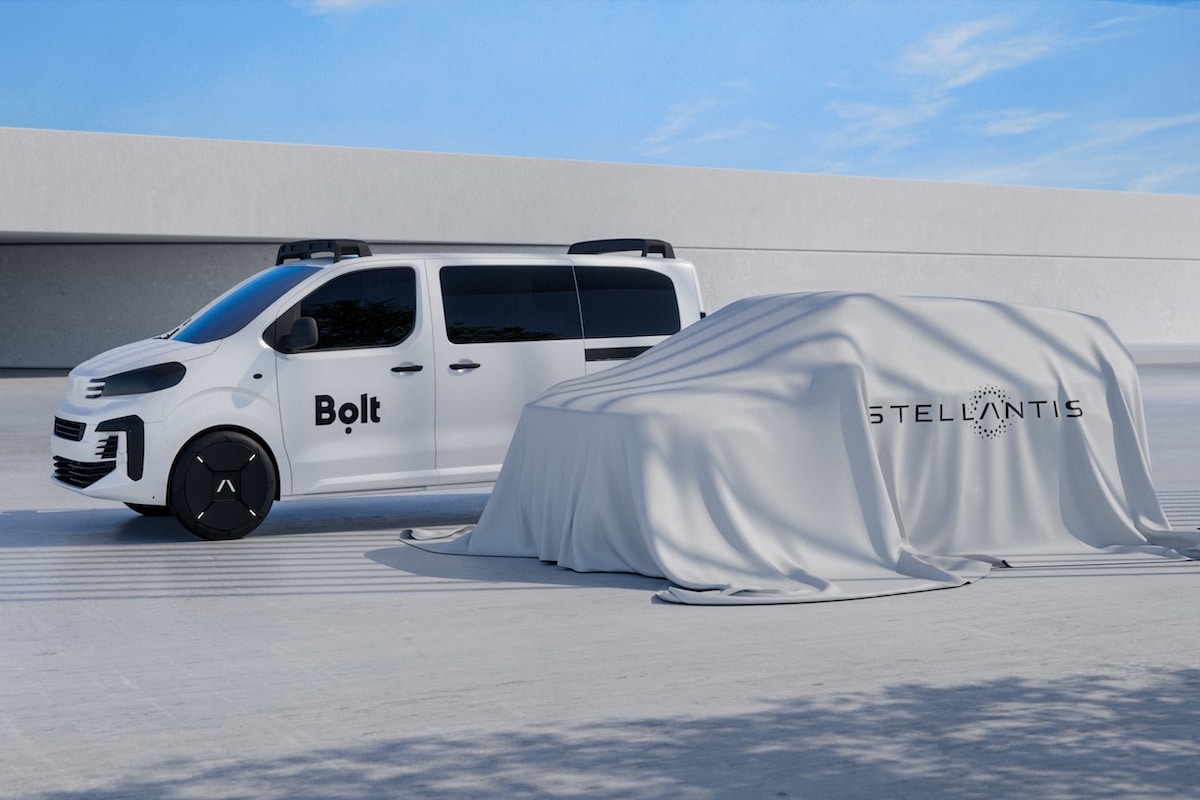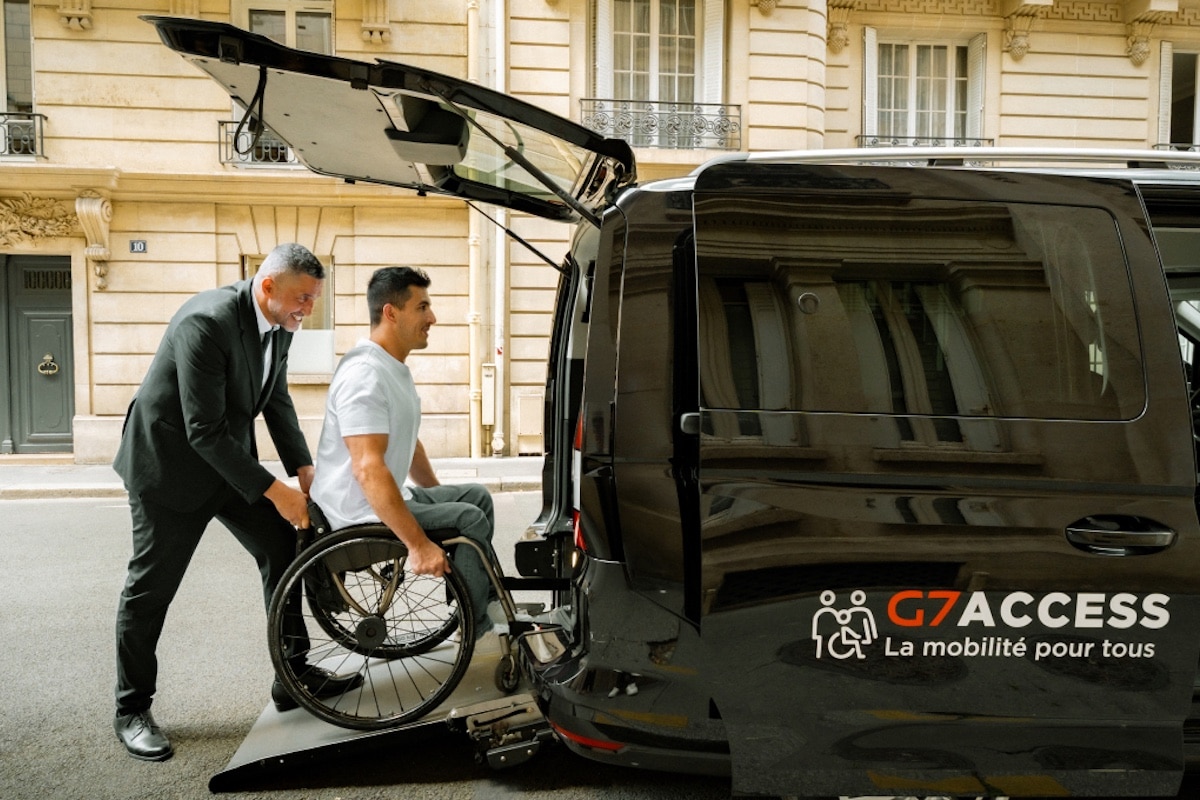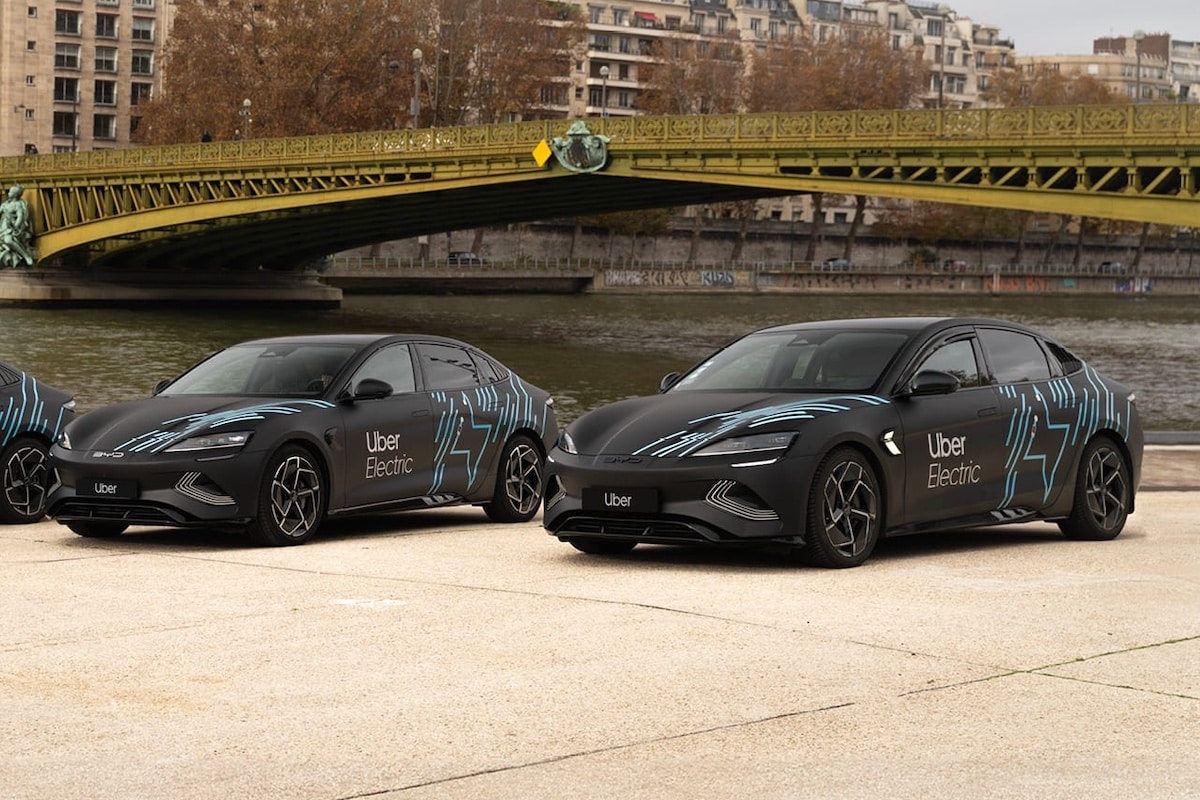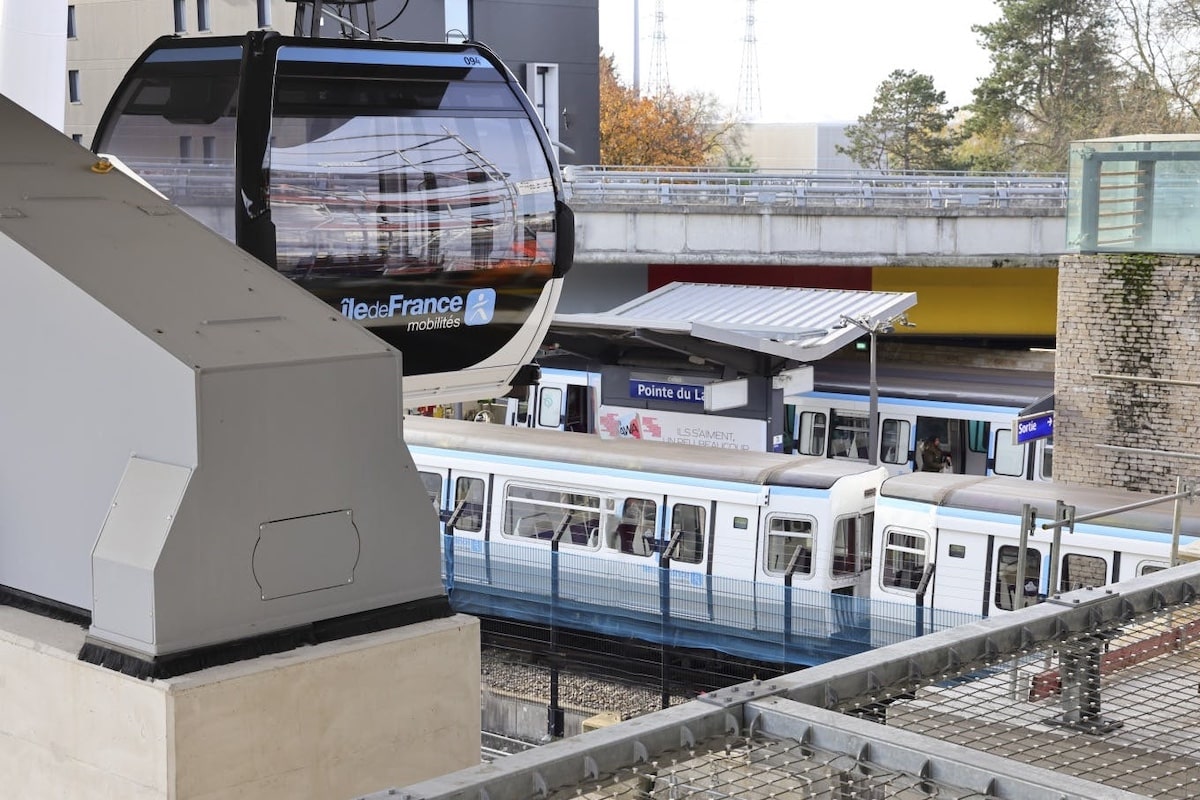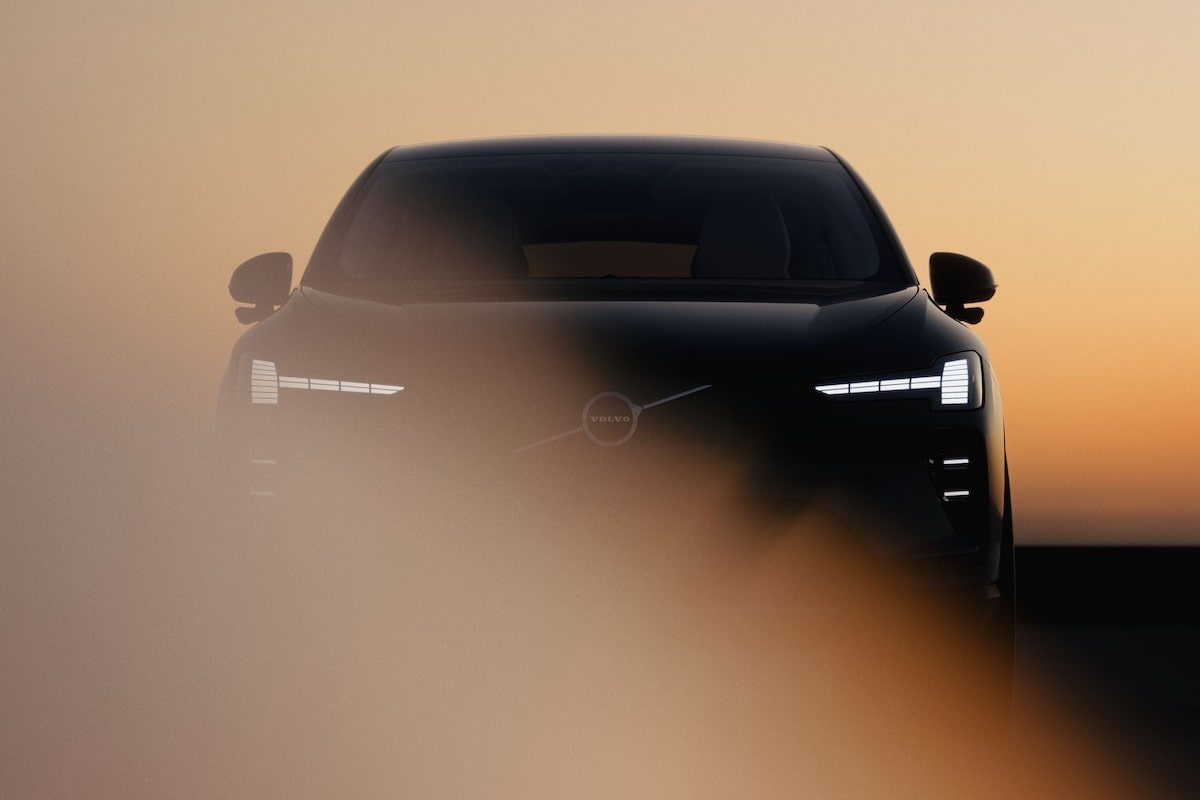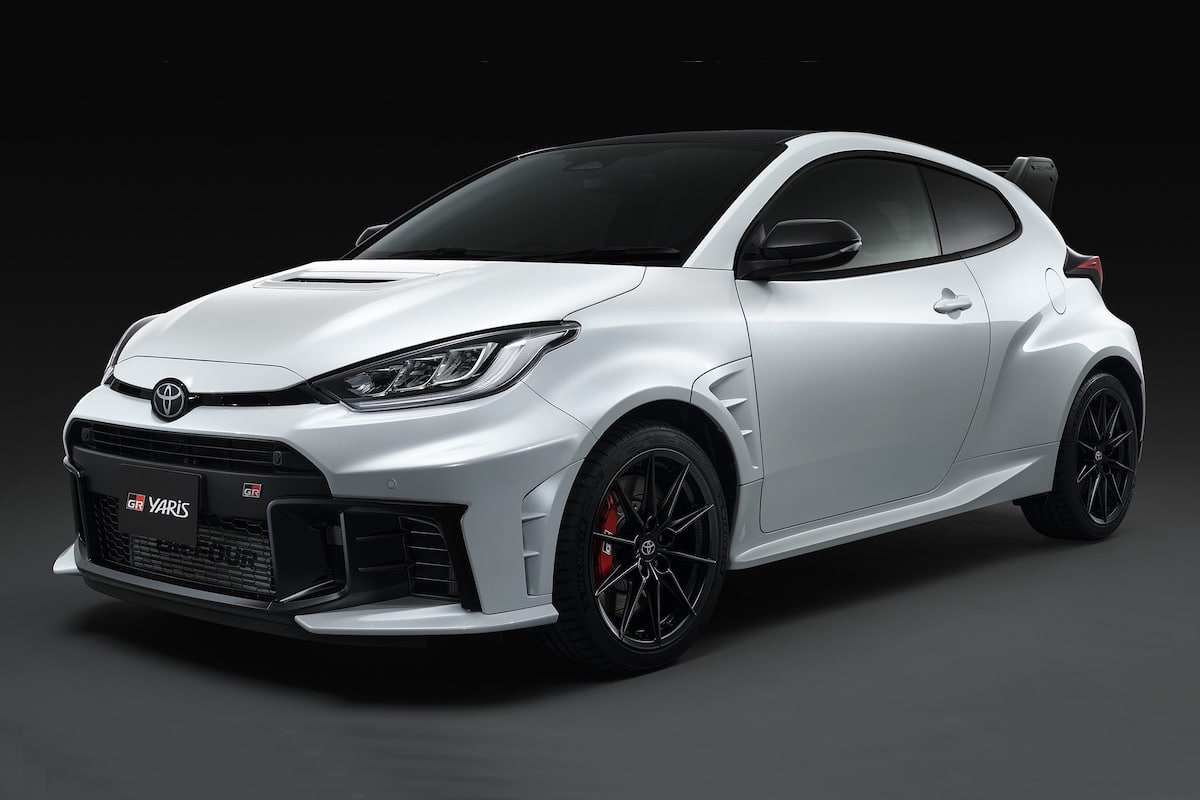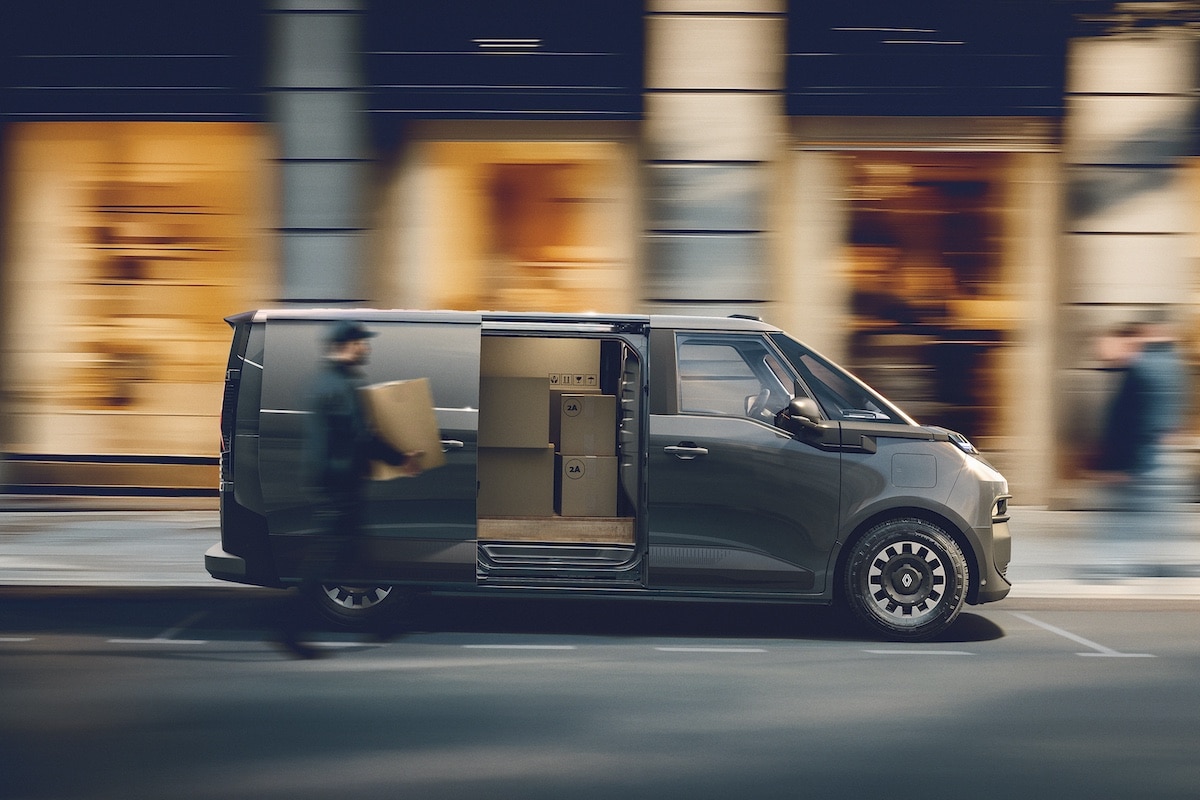Volkswagen and Uber Make the ID.Buzz Autonomous, Tesla Catches a Cold
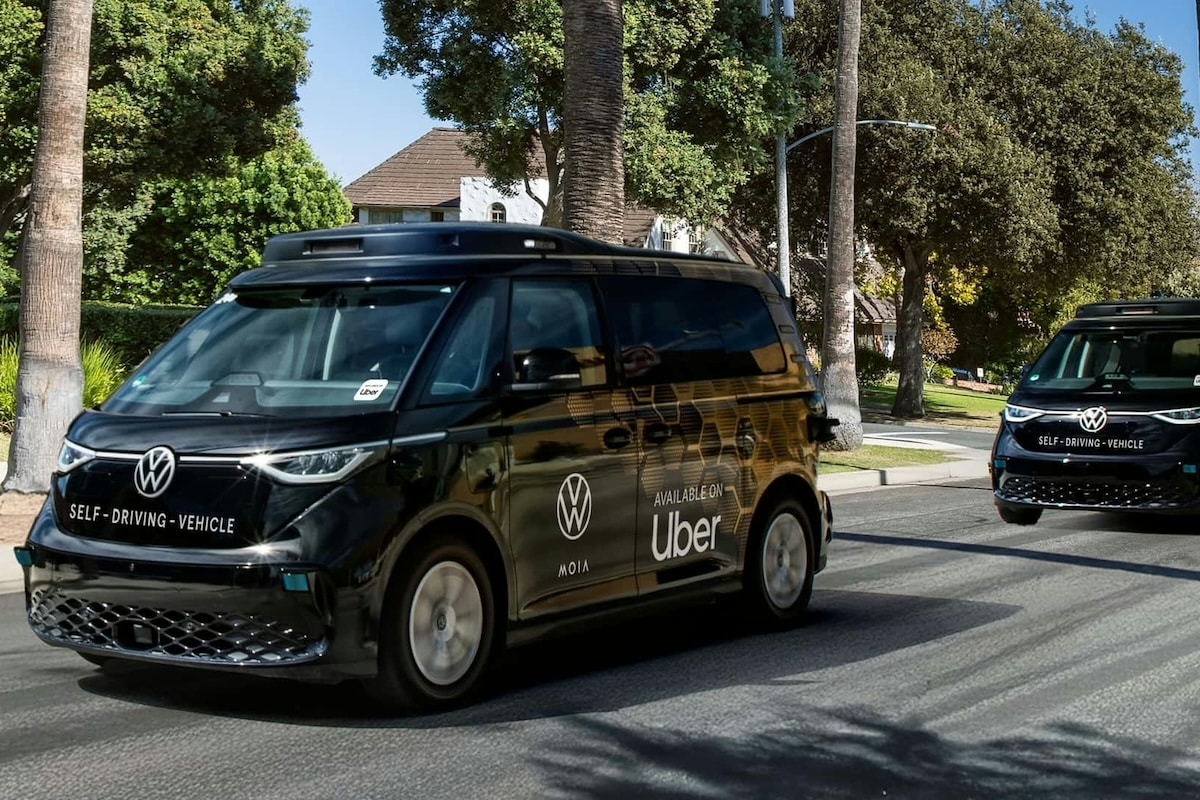
Tesla Cybercab already sees a new competitor rising on its path: the autonomous ID.Buzz developed by Volkswagen and Uber.
Volkswagen Group of America and Uber Technologies Inc. announced a large-scale strategic partnership to deploy autonomous vehicles ID. Buzz AD on the Uber platform in the United States. An ambitious initiative starting in Los Angeles at the end of 2025 for commercial service in 2026. Bad news for Tesla, whose eco-system of its two-seater autonomous taxi Cybercab still does not exist.
A large-scale project
As part of this agreement, Volkswagen plans to provide thousands of ID. Buzz AD — autonomous versions of its iconic electric minibus — in multiple US cities over the next decade. Initial tests will take place in Los Angeles, with human operators onboard to monitor and adjust the autonomous system before launching driverless operations, depending on regulatory approvals.

The chosen model, the ID. Buzz AD, combines the design heritage of the legendary Volkswagen Camper with a 100% electric motorization and Level 4 autonomous driving technologies, capable of navigating urban environments without human intervention.
MOIA, the technological heart of the project
The brain behind this autonomy is called MOIA, Volkswagen Group’s mobility subsidiary. Founded in 2016, MOIA specialized in electric ridepooling solutions in Hamburg before expanding into autonomous driving.
For this project, MOIA provides a comprehensive suite integrating cameras, lidars, radars, and onboard artificial intelligence. This technology will allow the ID. Buzz AD to operate completely autonomously, detecting pedestrians, cyclists, and other vehicles with high precision.
This collaboration aligns with Uber’s goal to become a major player in autonomous mobility. After agreements with Waymo and Motional, the addition of Volkswagen and its ID. Buzz AD strengthens its offering of driverless trips, in a context where demand for more sustainable and accessible transportation solutions continues to grow.
Dara Khosrowshahi, Uber CEO, stated: “This partnership with Volkswagen marks a major step forward for Uber in building the future of transportation. We look forward to offering our customers in Los Angeles a new autonomous mobility experience.”
For his part, Christian Senger, CEO of Volkswagen Autonomous Mobility, emphasizes: “We are combining the best of both worlds: our expertise in mass automobile production and a deep understanding of urban mobility challenges.”
Why Los Angeles?
The choice of Los Angeles as the first city is no coincidence: the clientele is now skeptical of Tesla. This tech-oriented state is also highly favorable to new mobility solutions due to its dense population.
The Uber–Volkswagen project aims not only to transform urban mobility but also to promote more sustainable transportation. The ID. Buzz AD, being 100% electric, will help reduce greenhouse gas emissions in American metropolises.
In summary, the Volkswagen–Uber alliance could become one of the major turning points in autonomous mobility in the United States, with highly anticipated launches starting in 2026. To the detriment of Tesla?
READ ALSO: Heetch teases Uber with a promo code… that raises prices!
This page is translated from the original post "Volkswagen et Uber rendent l’ID.Buzz autonome, Tesla tousse" in French.
We also suggestthese articles:
Also read
